Talking History #2 - Antelope Valley, California part one
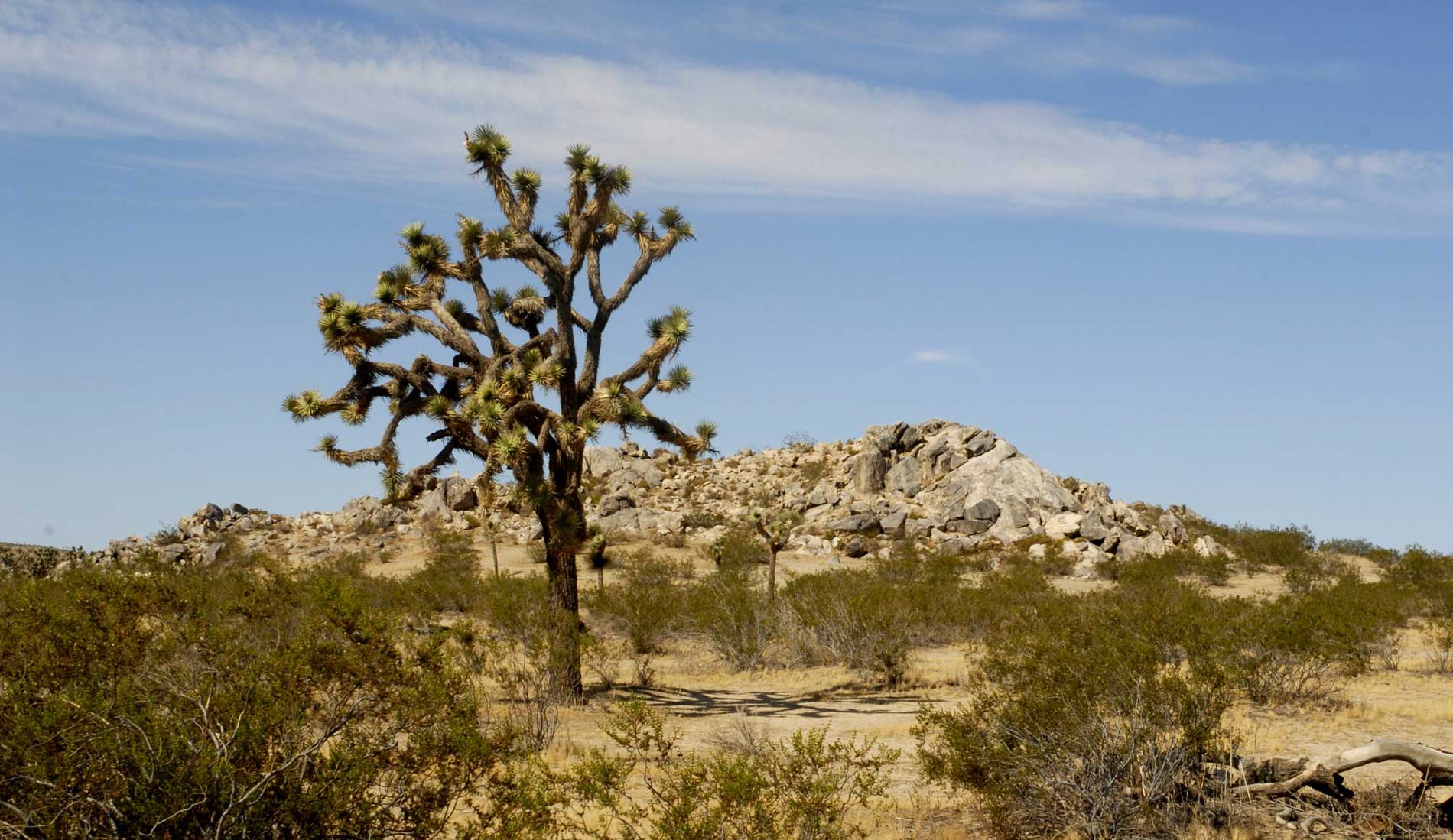
Antelope Valley is a 2200 square mile desert oasis sitting on the western tip of the Mojave desert just 65 miles north of Downtown Los Angeles and respectivly the most northern
part of Los Angeles county and home of the world's largest borax open-pit mine.
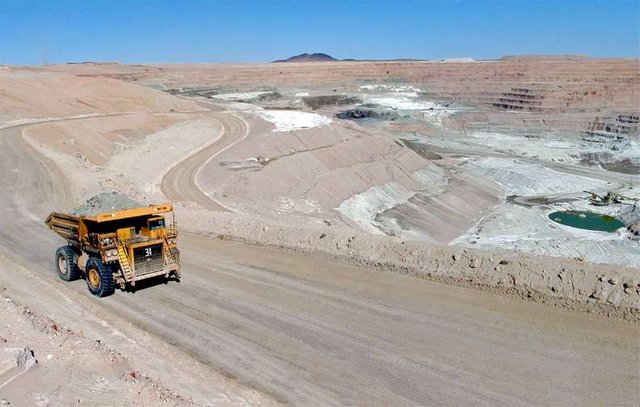
The name actually comes from its history of pronghorn and antelope which grazed the valley in large numbers until hunters, migration and a heavy drought drove their numbers
to nearly zero in the early 1900s.
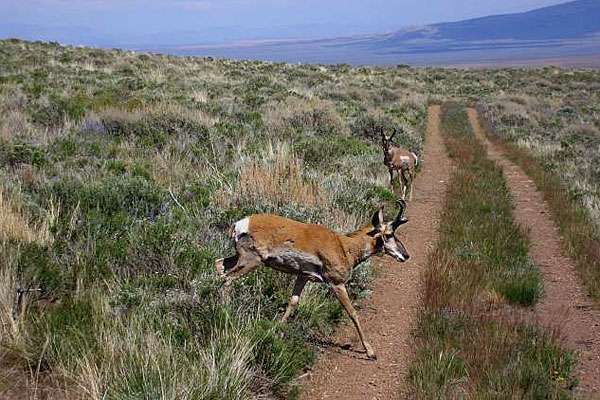
When Europeans first arrived in the area around the 1770s, they discovered the land to be populated with several tribes of indigenous peoples known as the Kawaiisu, Kitanemuk,
Serrano, and Tataviam. Although many of these indigenous have been striving in the Mojave desert, they, like many other natives to California fell victim to Mission life in which
they were kidnapped into and lured to perform slave-like duties and used as human shields to which concluded in genocide. By 1808 the Antelope Valley had now been wiped of its
native peoples
Interesting enough this story is covered in Elias Castillo's
book “A Cross of Thorns: The Enslavement of California’s Indians by the Spanish Missions, published in 2015. A great review of the book can be found
@ http://hoodline.com/2016/03/the-lesser-told-story-of-the-california-missions
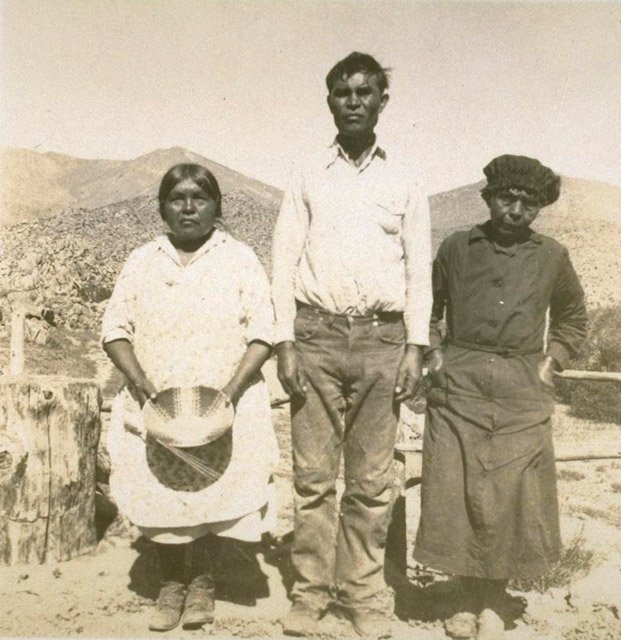
By 1876 farms and towns were sprouting up by travelers, settlers, prospectors and the coming of the Southern Pacific railroad which would soon link the San Joaquin valley to
Los Angeles therefore crossing through the Antelope Valley. You can think of the Antelope Valley as a resting place during the trips from southern California to central
California.
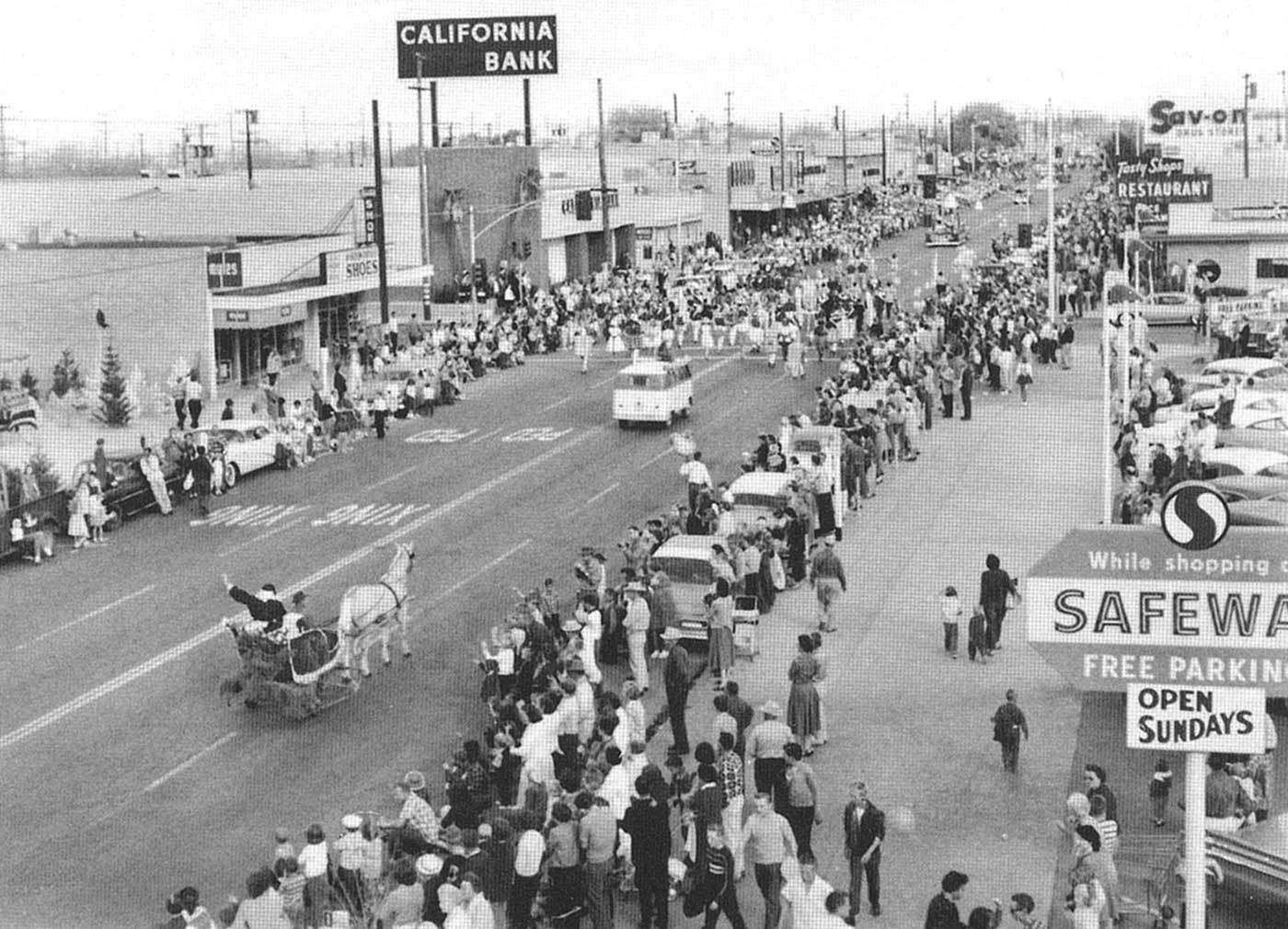
In 1933, Muroc Army Airfield (aka: Edwards AFB) had been established which sparked interest by the Aerospace industry. It took until 1952 to which the United States Government
brought in "Plant 42", a classified aircraft manufacturing plant component to Muroc Army Airfield. Plant 42's property is today shared by NASA, Kinki Sharyo Co. Ltd. of Osaka,
Palmdale Regional Airport and a few others. The actual airfield is ran by the DoD.

Today, with a population well over 500,000, agriculture strives and despite the 5 reserves dedicated to the conservation of the native poppys, 
Joshua trees,
 Creosote and
Creosote and
Wildlife,
the beautiful desert land is being invaded by tract housing, box-stores,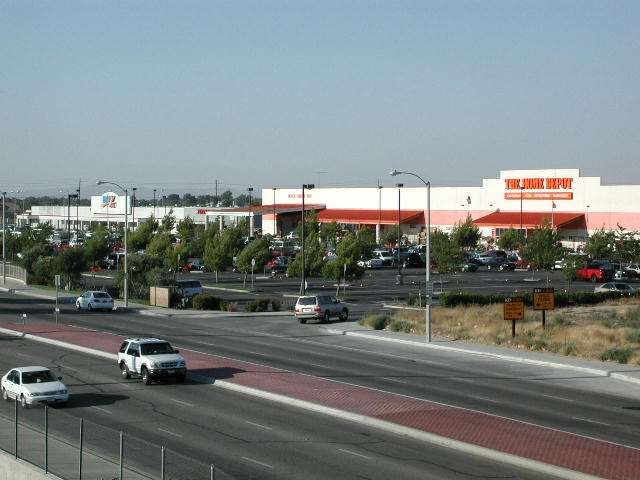
and solar panel/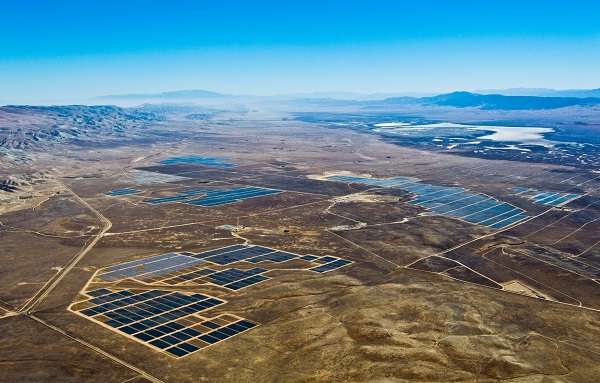
wind turbine developments.
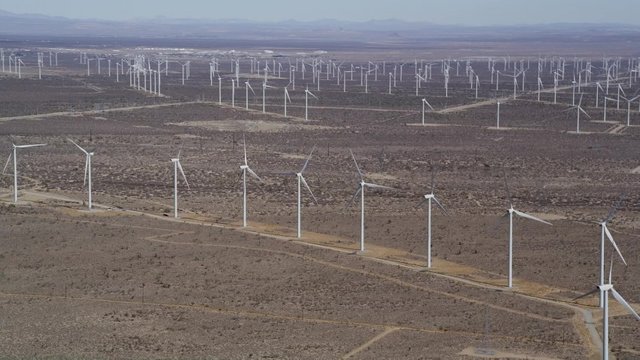
I hope to keep the communities in the Antelope Valley
to stay active in promoting conservation as well as stay educated about the impacts of utilizing the w
onderful desert loam for future developments.
 !
!
Some of the images make me miss California!
awesome bro! thank you. I am going to post "now and thens" soon on further posts. One LOVE!
Poppeys!!!!!!!!!!